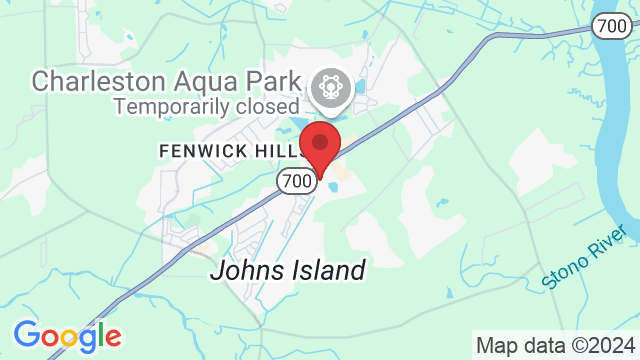4.8 Million
Treatments Administered
83 %
Patients See Improvement
62 %
Patients See Full Remission
What is TMS?
Transcranial Magnetic Stimulation uses strong, magnetic pulses distributed through a coil to regulate the neural activity of brain structures associated with depression.
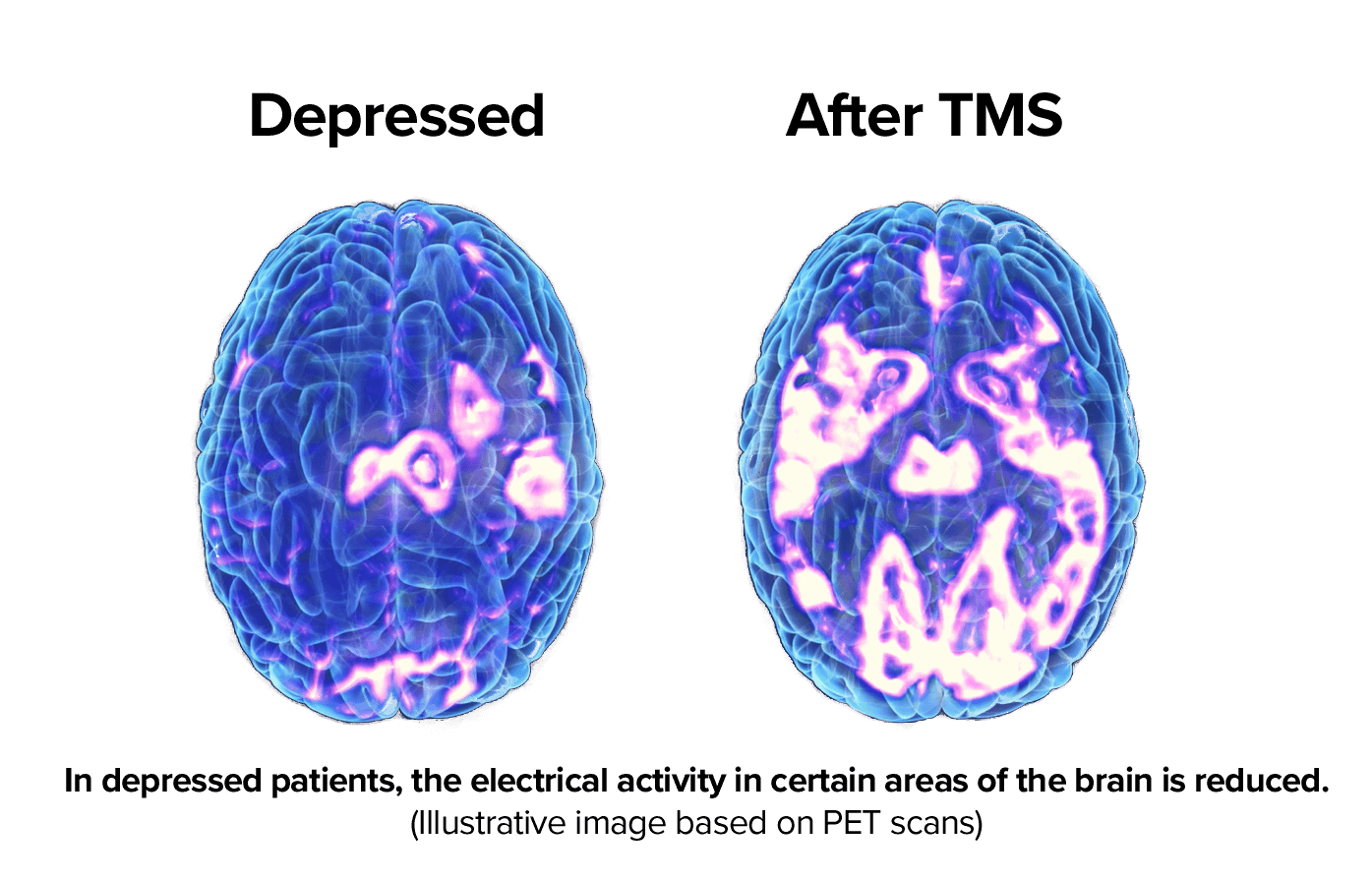

No Systemic Side Effects
While you may feel slight pressure on top of your head, most patients adapt to the sensation after just a couple of sessions.

Medication Free
Rest assured, you do not have to start a new medication regimen throughout TMS.

21 Day Difference
An analysis of 1,753 patients showed that the average patient achieved a sustained response after just 16 treatments.
TESTIMONIALS
Hear From Our Patients

Brian
"Dr. Uteritz has been my Dr. for several years and he is terrific. He is kind, knowledgeable and he listens to your needs. He is very knowledgeable when it comes to meditation and treatments available to you. He has had my depression and anxiety stable for a few years now! I drive an hour to see him, he is worth it!"

Kamlesh
I absolutely love this place. Everyone is amazing every visit and every time I call. When I have left a message or sent in an email inquiry, the response time is amazing! As a Medical professional myself, I am blown away by how awesome this entire team is. To top it off, Brooke Brooks, my PA, is incredible! She gives all her attention, care, and experience. She is so compassionate and sincere. I can't say enough kind words about her.

Angel
They actually listen to you and show empathy. They don’t stereotype you either. They don’t delay treatment. I’m happy to finally have a provider that interacts and has great bedside manners. Definitely a great practice. Even the receptionists and assistants are friendly! 👍🏻 🏻

Board Certified in Child, Adolescent, and Adult Psychiatry
Meet Daniel Uderitz, MD
Dr. Daniel Uderitz, originally from Western New York, has made Charleston his home after completing his Child and Adolescent Psychiatry training at Medical University of South Carolina. He earned his undergraduate degree from SUNY Binghamton University and his medical degree from Upstate Medical University in Syracuse, where he also completed his Adult Psychiatry training. With years of experience in both outpatient and inpatient settings, Dr. Uderitz integrates medication management and therapy services, working with individuals and families to address a variety of mental health needs including depression, anxiety, bipolar disorder, ADHD, and children's behavioral issues. He strives to collaborate with other providers where necessary to ensure comprehensive care for his patients.
In his free time, Dr. Uderitz enjoys staying active outdoors, engaging in activities such as horseback riding, ATV riding, kayaking, and boating.
What's the Buzz Around TMS?
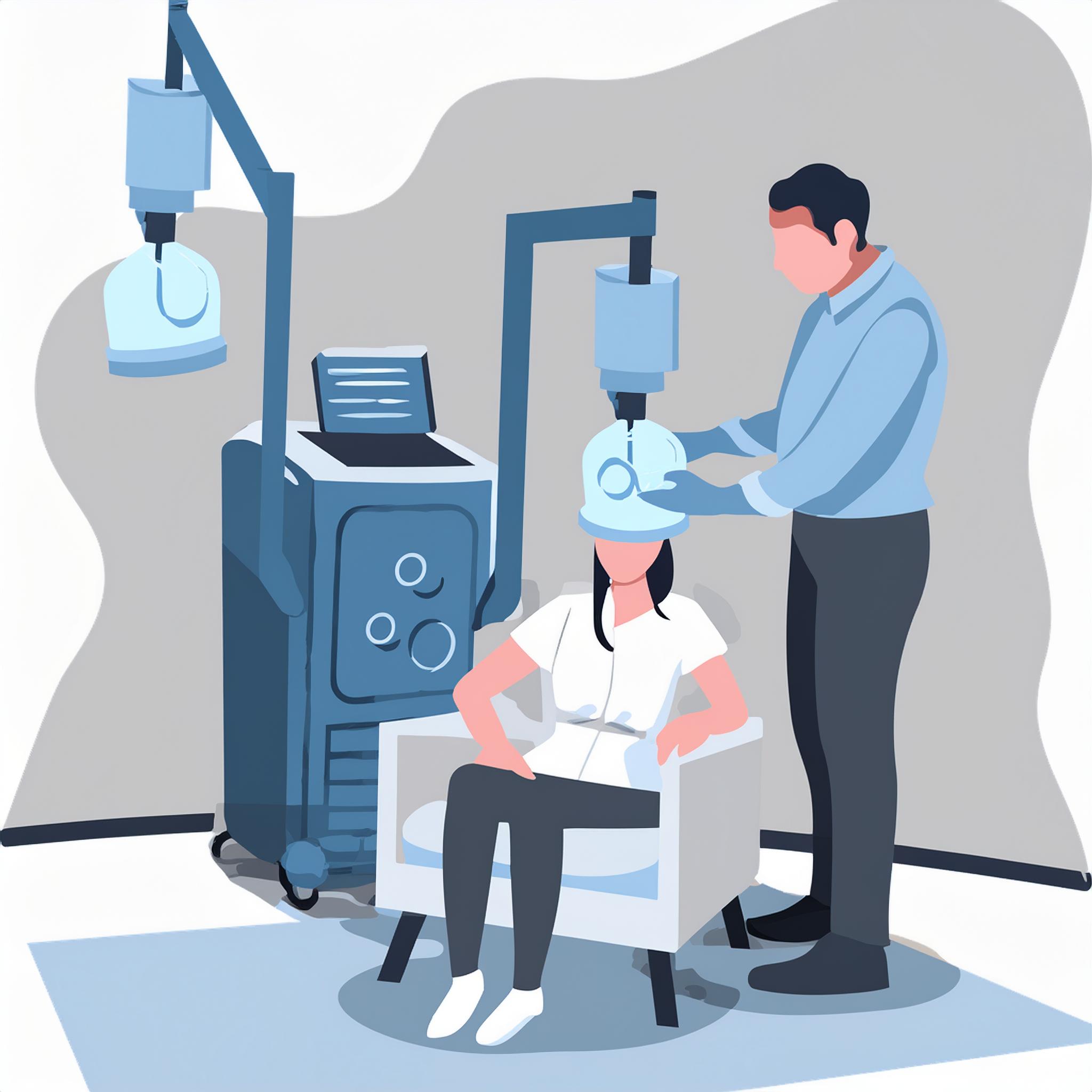
Highly Effective
About 83% of patients who complete a full course of TMS show a clinically meaningful response and about 62% experience a full remission, meaning their symptoms go away completely
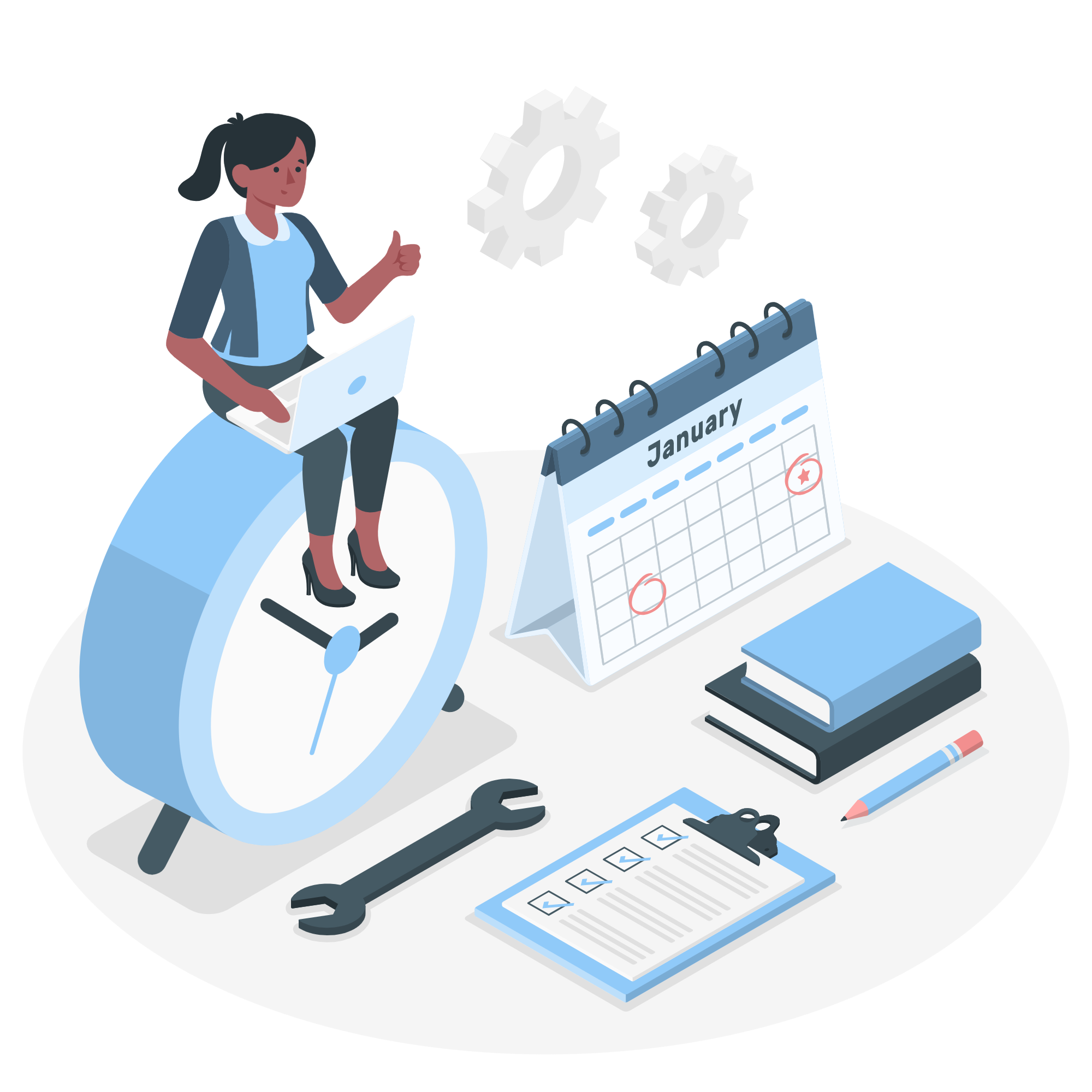
Fits in Your Schedule
Sessions are about 20 minutes and you can drive to and from your appointments. The full course covered by insurance usually takes about 6-8 weeks to complete.
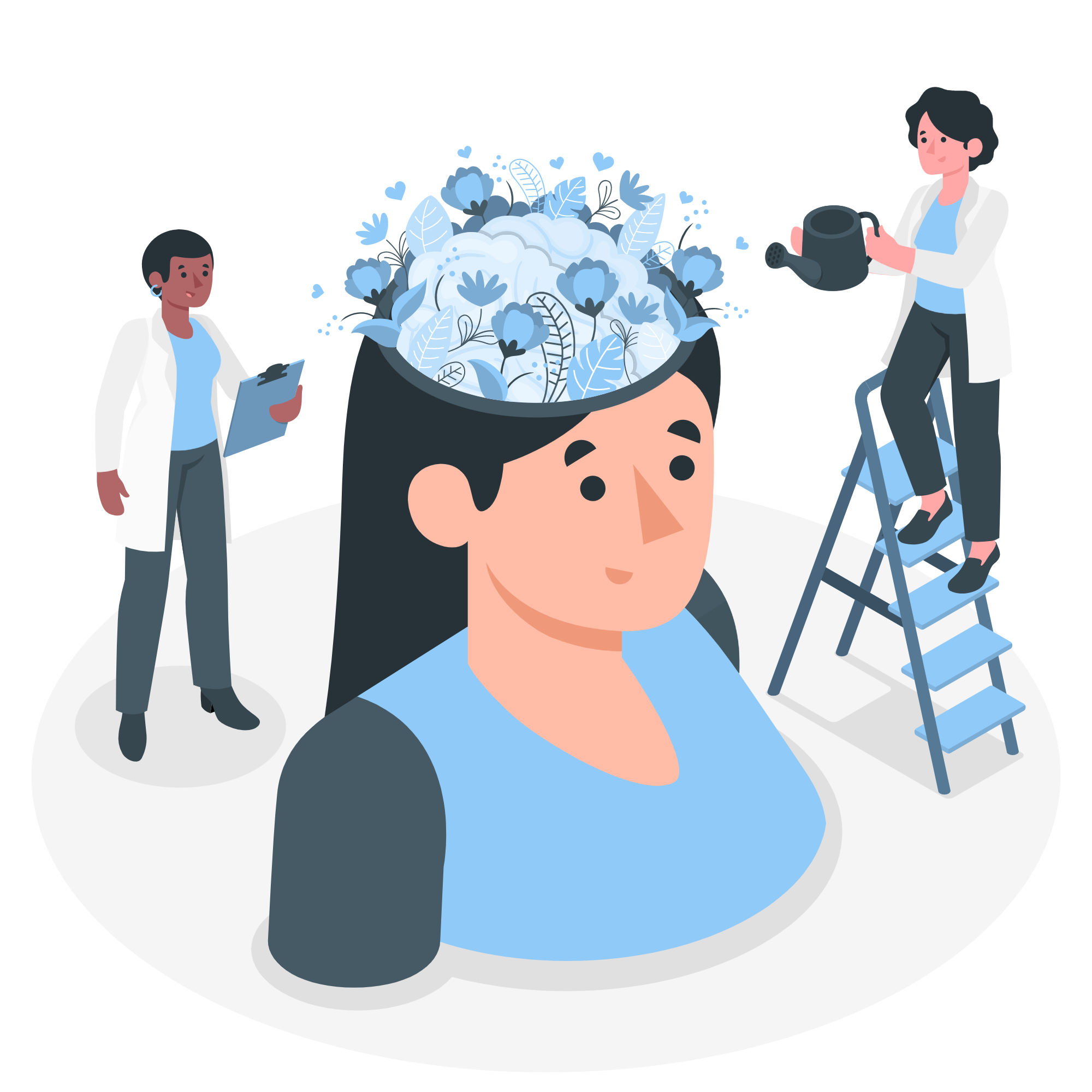
Covered by Insurance
All major payers cover TMS treatment for Depression. If you've tried multiple antidepressants and therapy, there's a good chance your insurance covers it.
Located in Johns Island
3227 Walter Drive, Suite 1B
Johns Island, SC 29455
Angel Oak Counseling is In-Network
with all Major Insurance Plans

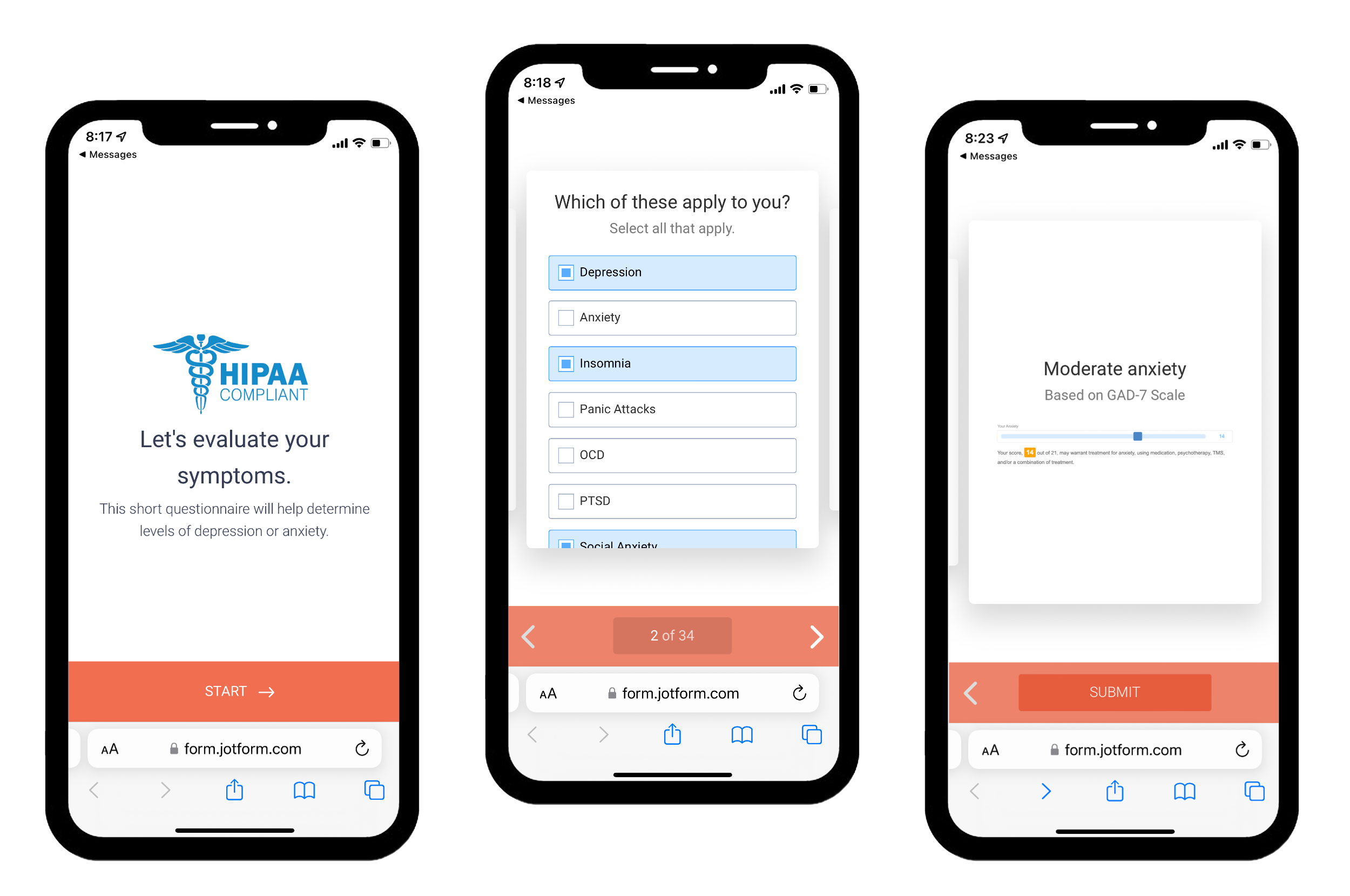
Not Sure If You Need Help?
Get instant results and feedback by taking this short quiz.

Ⓒ 2026 — http://angeloakcounselingsc.com/ — All rights reserved
Business Hours
Mon: 9am - 9pm
Tues: 9am - 9pm
Wed: 9am - 9pm
Thurs: 9am - 9pm
Fri: 9am - 5pm
Sat/Sun: Closed
Ⓒ 2026 — http://angeloakcounselingsc.com/ — All rights reserved
